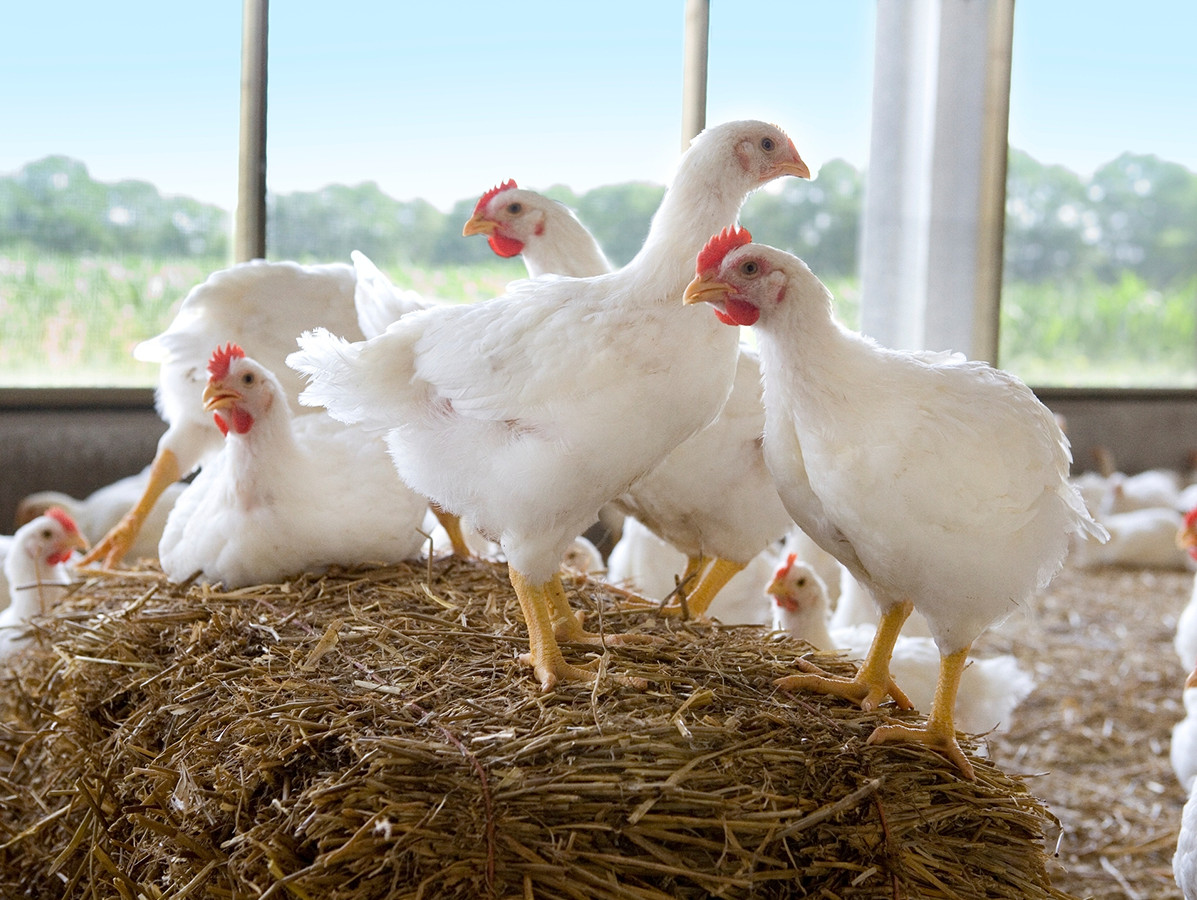
Under the leadership of Imke de Boer (Professor of Animal Production Systems) and Evelien de Olde (researcher Animal Production Systems) of Wageningen University & Research, a team of farmers, representatives of nature and agricultural organisations and Wageningen scientists worked out what a healthy and circular food system will look like in 2050. And what necessary changes are needed to get there.
A redesign of our food system is only possible if all parties involved in the food system do their bit, the initiators say: farmers, consumers, the government, NGOs, supermarkets, financiers and suppliers will all change.
In 2050, we will eat more vegetable and less animal products in the Netherlands; healthy and sustainable food will be readily available, normal and attractive; all children will receive food education and we will waste almost no more food.
All houses will have solar or green roofs and smart toilets; and all buildings will have material passports.
In order to produce food, farmers grow several crops at the same time on a plot of land; cows graze on herbaceous grassland and pigs, chickens, fish and insects only eat biomass that is not suitable for human consumption.
There are more 'Prosumers' (merging producers and consumers) in the Netherlands, and we have food councils, a long-term and consistent food policy and a Minister of Food.
The economy is no longer leading, but serving, and directs us towards a safe and fair space for sustainable business. This means, among other things, that we no longer measure our prosperity with the Gross Domestic Product, but with the National Social Product, paying attention to the preservation of natural resources and human and animal rights.
"It may sound too good to be true, but inspiring examples in our network show that it can be done," says initiator Imke de Boer. "Think, for example, of Kipster that produces eggs. Kipster chickens only eat residual streams. Our commitment is to adopt this principle throughout the entire livestock sector. Or take a concept like Farmers, in which consumers decide together what they want to eat and how their food is produced. All edibles produced by the farm are distributed among the members, without the intervention of trade or retail. The consumer knows exactly what he or she is eating."
Source: © Wageningen University & Research